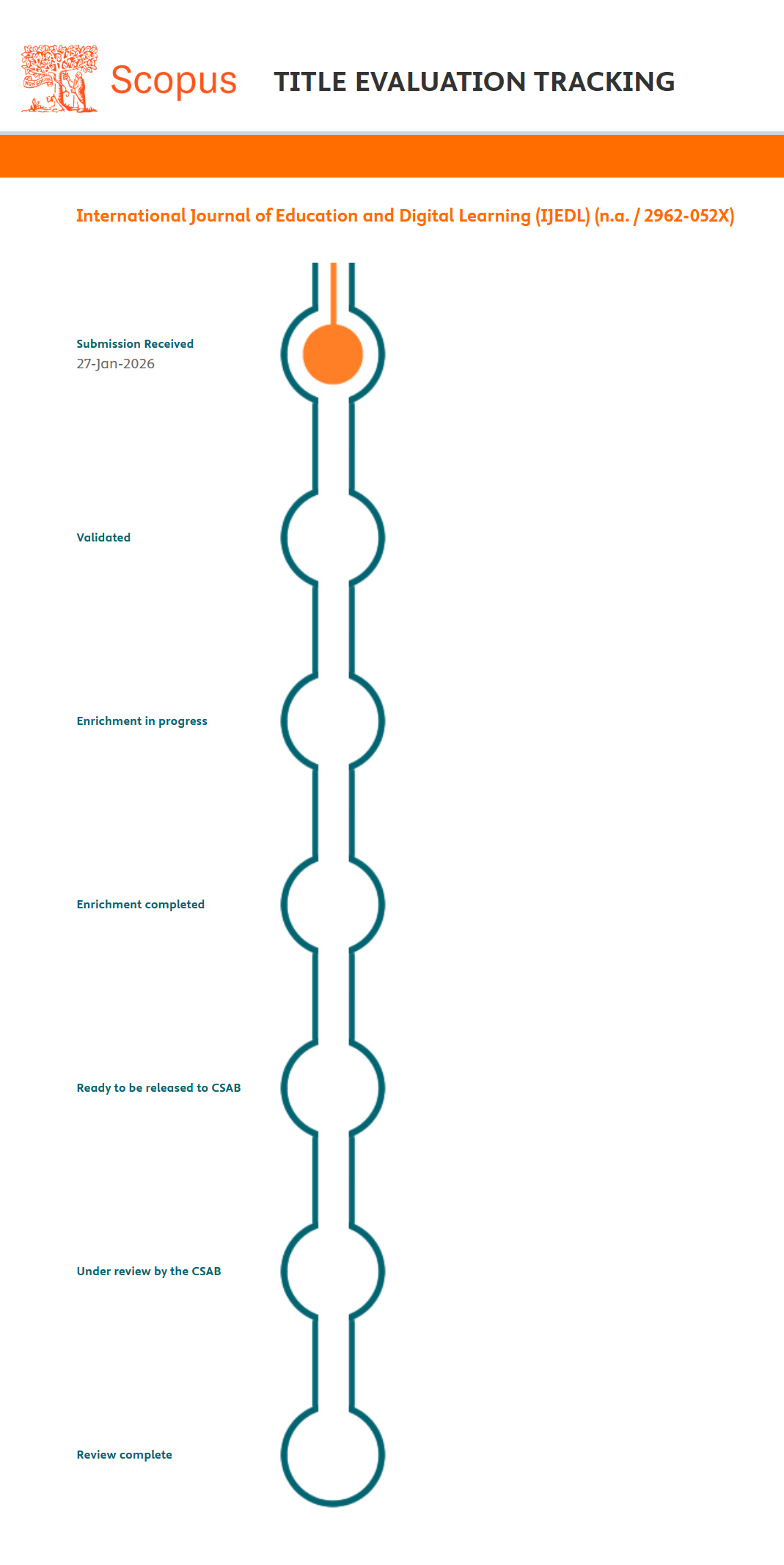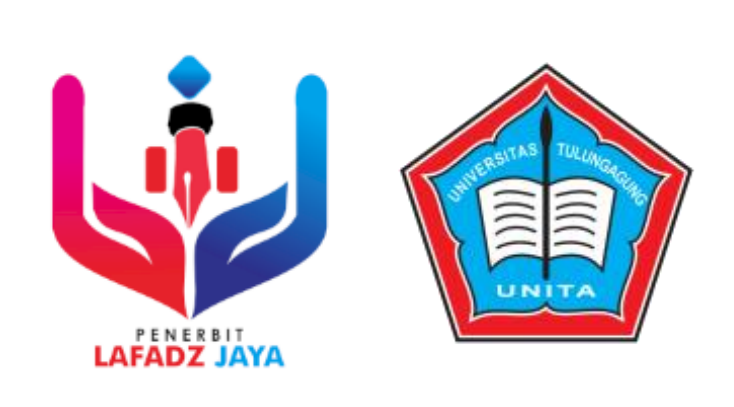Development of Digital Education in Libya: Progress, Challenges, and Future Directions
DOI:
https://doi.org/10.47353/ijedl.v3i5.307Keywords:
Digital Education, E-Learning, ICT Infrastructure, Educational DevelopmentAbstract
This article examines the development of digital education in Libya, focusing on the integration of digital technologies within the educational system and their impact on teaching and learning processes. Over the last decade, Libya has made significant strides in embracing digital tools, yet the full potential of digital education remains untapped due to various challenges. These include limited infrastructure, inadequate training programs for educators, and socio-political instability. Despite these challenges, the Libyan government and higher educational institutions have invested in ICT infrastructure and e-learning platforms, aiming to bridge the digital divide. This article reviews the current state of digital education in Libya, highlights the hurdles faced, and explores strategies for the effective implementation of e-learning systems. It also offers insights into the future prospects of digital education in Libya, with a particular focus on the higher education sector. The findings suggest that a concerted effort from policymakers, educators, and international partners is crucial to overcome existing barriers and ensure the sustainable development of digital education in the country.
Downloads
References
Abdelrahman, A. A. (2018). The impact of digital learning on higher education in the MENA region. Journal of Educational Technology, 24(3), 102-115.
Abushafa, M., & Mohamed, A. (2014). The changing landscape of higher education in Libya. Libyan Studies Journal, 11, 183-187.
Ahmed, K. (2020). Digital literacy and its role in the evolution of education in the MENA region. Journal of Educational Innovation, 6(3), 44-61.
Al-Amin, S., & Al-Mashriq, R. (2018). Technological advances in Libyan higher education: A review of e-learning initiatives. Libyan Journal of Educational Development, 5, 89-105.
Al-Fakhri, M., & Bukhatwa, S. (2016). Higher education in Libya: Challenges and future plans. Libyan International Medical University Journal, 1, 27-34.
Al-Khatib, M. (2017). Educational reform and digital learning in Libya: Opportunities and challenges. Arab Educational Review, 14, 212-225.
Al-Sobhi, M. (2017). ICT and e-learning in Libyan higher education: Challenges and opportunities. International Journal of Education and Development, 38(2), 210-224.
El-Zoheiry, M. (2014). Digital learning and higher education: Experiences in the MENA region. Middle Eastern Journal of Education, 10, 15-28.
Elferjani, M., & Ruddock, L. (2011). An assessment of the current higher education system in Libya. Libyan Journal of Educational Research, 5(1), 44-67.
Elzawi, A., Kenan, T., Wade, S., & Pislaru, C. (2012). Bridging the digital divide and enhancing the quality of engineering research in Libyan universities. Engineering Education Journal, 19, 121-138.
Gaddour, A. (2011). Power and struggle for education in Libya. Springer, 121-130.
Giffard, E. (1981). Libya's libertarian cloak: Contradictions in a ‘free’ educational system. Index on Censorship, 10, 10-11.
Hasibuan, A. ., Nasution, I. F. A. ., & Masuwd, M. . (2024). Tarekat in the Digital Age: Transforming Spirituality for the Age of Technology . Religia, 27(1), 13–30. https://doi.org/10.28918/religia.v27i1.2306
Husin, Husiin, Abdul bin Abdul Aziz, and Mowafg Masuwd. 2025. “Integrating Al-Ghazali’s Educational Philosophy: Advancing Transformative Learning in Islamic Schools in the Digital Era”. SYAMIL: Journal of Islamic Education 13 (1), 29-51. https://doi.org/10.21093/sy.v13i1.10263.
Kenan, T., Pislaru, C., Othman, A., & Elzawi, A. (2013). The social impact and cultural issues affecting the e-learning performance in Libyan Higher Education institutes. International Journal of Education, 4(1), 12-34.
Kharma, M. (2015). The role of ICT in the modernization of education systems in the Arab World. Journal of Educational Development in MENA, 19, 55-70.
Loughran, J. (2016). Teacher professional development in the digital age. Educational Research Review, 22, 245-256.
Mahmadov, Y. . (2025). Transforming Education Through Digital Learning: Embracing the New Era of Learning. International Journal of Education and Digital Learning (IJEDL), 3(4), 157–166. https://doi.org/10.47353/ijedl.v3i4.258
Miliszewska, I., & Rhema, A. (2010). Towards e-learning in higher education in Libya. Issues in Informing Science and Information Technology, 7, 423-437.
Mohamed, A. (2013). Barriers to the adoption of e-learning in Libya: A case study of higher education institutions. Journal of Educational Technology, 6(1), 17-34.
Mounir, M. (2015). The future of digital education in Libya: Policy implications. Journal of Educational Policy in the MENA Region, 7(2), 61-72.
Omar, A. (2011). The impact of higher education in economic development: A case of Libya. Journal of Development Studies, 8(4), 45-59.
Rammal, H., & Rached, S. (2019). A review of digital education in the MENA region: Policies and practices. Middle East Journal of Education Technology, 23, 73-90.
Rhema, A., & Miliszewska, I. (2010). Towards e-learning in higher education in Libya. Issues in Informing Science and Information Technology, 7, 423-437.
Saleh, H. (2021). Exploring the impact of COVID-19 on digital education in Libya. International Journal of Educational Challenges, 2(1), 11-23.
Salim, I. (2018). The role of digital education in reshaping the MENA education systems. Journal of Middle Eastern Education, 5, 99-114.
Sayed, M. A. (2017). A comprehensive review of e-learning adoption in Libyan higher education institutions. International Journal of Education and Information Technology, 11(3), 58-68.
Setiawan, D., Masuwd, M. A., Maliki, N., Laily, I. F., & Fitriyani, Y. (2023). Impact of Digital Storytelling for Developing Oral Communication Skills, Digital Literacy, and Learning Motivation Among Pre-service Elementary Teachers. International Journal of Educational Qualitative Quantitative Research, 2(2), 34–42. https://doi.org/10.58418/ijeqqr.v2i2.118
Shorish, Y., & Macpherson, R. (2015). E-learning in higher education in Libya: A critical review. International Journal of Educational Technology, 12(2), 120-137.
Sulaiman, A., & Zahid, Z. (2016). The impact of technology integration on the educational landscape of Libya. Arab Journal of Educational Innovation, 3, 54-67.
Taha, M. (2019). The state of digital transformation in Libyan education: Current status and future prospects. Journal of Middle Eastern Educational Transformation, 14, 88-102.
Tanoubi, S., & Hachemi, S. (2019). Evaluating the integration of ICT in Libyan education systems. Arab Journal of Educational Research, 30(1), 40-53.
Younis, M., & Hammad, M. (2020). Strategies for improving e-learning in Libya’s higher education. Middle East Educational Journal, 18, 77-90.
Zribi, M., & Jemni, M. (2015). Digital School: E-learning for secondary education in Tunisia. Retrieved from www.tunisianresearch.com
Downloads
Published
How to Cite
Issue
Section
License
Copyright (c) 2025 Najeeb Yahya, Mahmoud Abdullah, Mowafg Masuwd

This work is licensed under a Creative Commons Attribution-ShareAlike 4.0 International License.












